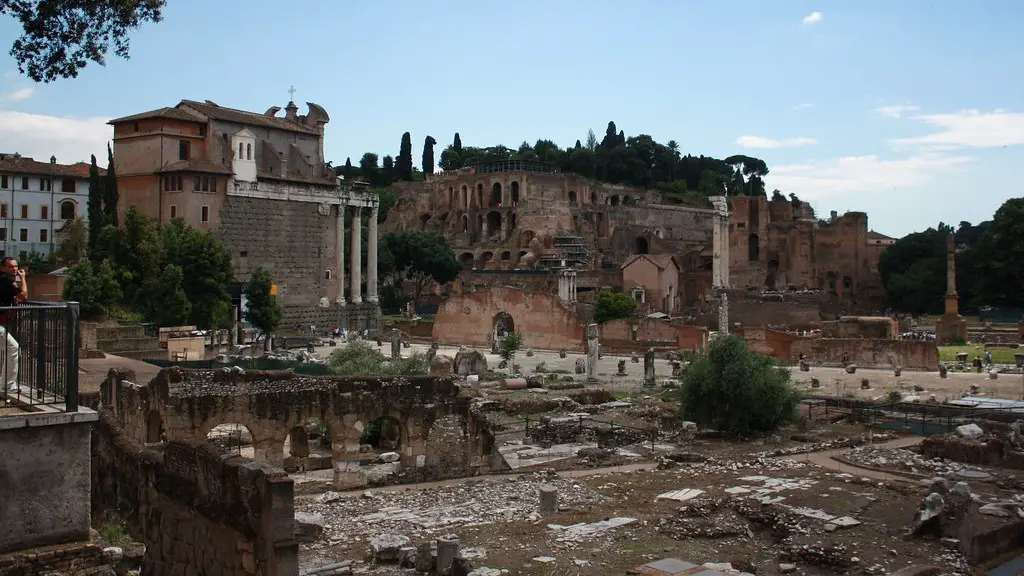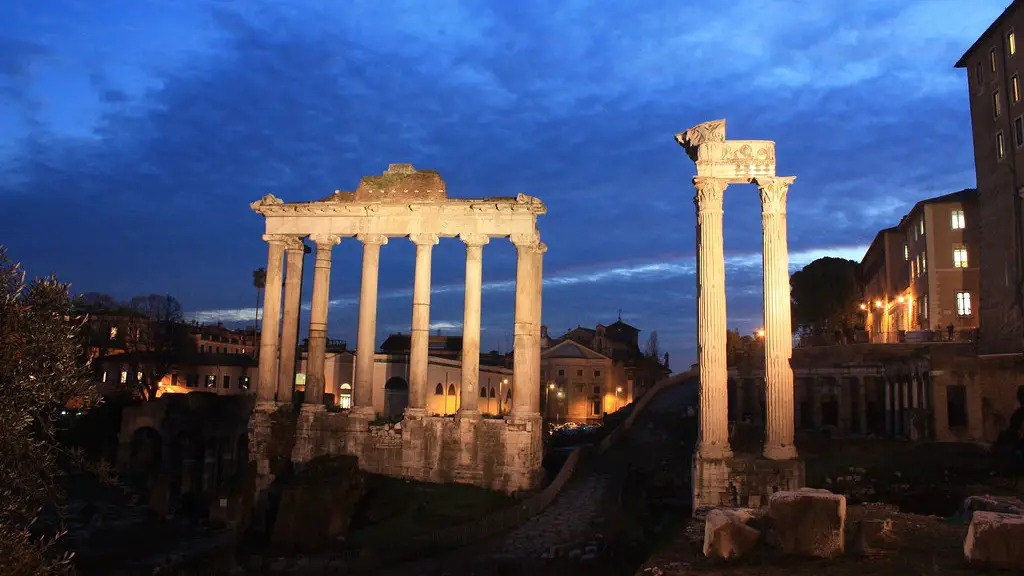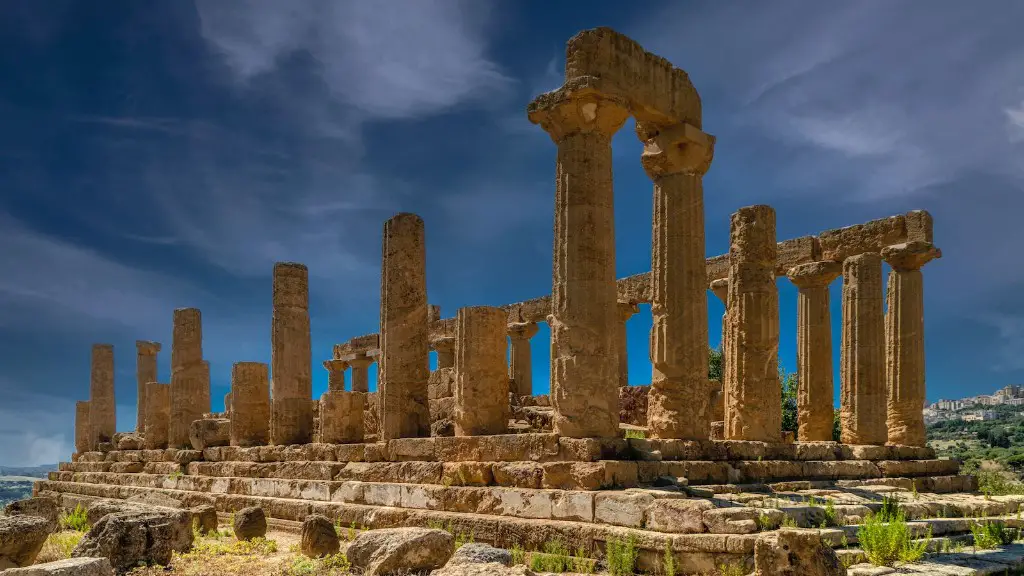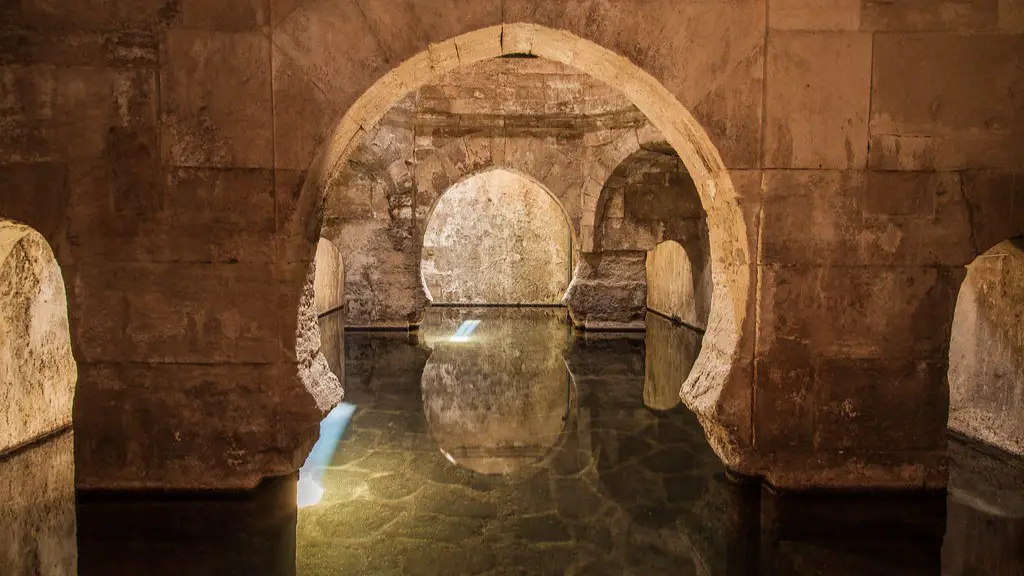Ancient Rome, the foundation of the modern world, has played an undeniable role in the history of humanity. Its rise to power and dominance in the Mediterranean is a remarkable achievement in itself, but it is the many advances of the Roman Empire, in law, military technology, engineering, architecture and much more, that set it apart. We owe to the Romans a great debt for the strides they took to advance civilization back then. Here we will try to understand more about some of Rome’s key achievements, and what contributed to the success of such a mighty superpower in the ancient world.
Law and Order
The Romans were adept at establishing and enforcing their laws, helping to ensure social and political stability. The basis of the Roman legal system was known as the Twelve Tables, after which the principles of Roman regulation were established. The Twelve Tables were framed around concepts of authorization and contract, causing most of the provisions to be oriented to private property division, so protecting the rights and obligations of citizens. This provided a strong platform that supported the later level of development of Roman law and the workplace of key figures, such as emperor Justinian, who consolidated the law into one code. Justinian’s Code compiled the multiple codes and rules previously enact in the Roman Empire and substantially shaped the basis of the legal systems practiced in the western world today.
Technical Advancements
The Romans enjoyed great technical prowess in the fields of engineering and military technology, among many more. The development of aqueducts, roads, bridges, tunnels and harbours shows the scale of the Roman talent for infrastructure. The breadth and quality of the roads was such that it enabled the rapid transport of provisions for Rome’s many armies, which helped to sustain their conquests and military proficiency. Additionally, the Romans found success in bridge construction, even after the fall of the Roman Empire, showing the strength and reliability of the constructions. In terms of military technology, the Romans mechanized warfare with complex siege machines and invented technologies such as the ballistic bolt. This shows a true level of ingenuity, especially considering their lack of modern material.
Architectural Aesthetics
In architecture, the Romans elevated design and construction to a level unlike anything seen before. The Pantheon, originally built as a temple to the gods by Emperor Hadrian, stands tall to this day – a grand marble testament to the architecture of ancient Rome. Many of the new cities of the Roman Empire were built in similar fashion, with stone buildings, spacious plazas and wide, straight roads. This is another example of their contribution to the development of infrastructure and added to the grandiose of the Empire, making it a superpower with unmatched calibre in the ancient world.
Economic Excellence
Roman engineering merged with economic prowess to produce one of the most powerful economies of the time. The Romans took steps to promote economic growth, with Roman coins first circulated in 211 BCE, enabling a more productive and a more liquid commerce. They also introduced new strategies, such as taxation of Roman citizens, and worked to bring financial organisation to the Roman provinces. This, in addition to the engineering achievements mentioned above, enabled the growth of cities and accelerated the GPD of the regions of the empire, helping it to become the impressive superpower it is remembered as today.
Political Development
Politically, the Romans’ adoption and redefinition of a republican form of government, with two presiding elected officials, established the notion that all citizens were equal, something that was unheard of at the time. This system was applauded for reducing tyranny and allowing the people to take part in their own future, rescuing the Roman Republic from severe demands from the aristocracy. This implementation of reform made the Roman Republic a ‘role model’ for many of the governments practised in the western world today.
Public Education and Welfare
The Romans left a deep mark on public education and welfare, as seen in their implementation of public baths. These public baths broadened the pathway for health and sanitation for Roman citizens, allowing them to remove dirt and oils and socialize – the equivalent of a modern student union. Besides the baths, the Romans are also credited with the establishment of the first public libraries, granting the population in these regions access to literature and educational amenities they were previously denied.
Creative Impact
Finally, one of the main accomplishments of the Roman Empire was its profound impact on literature, art and culture. Writers such as Virgil and Ovid were constantly producing works of literary mastery during Roman antiquity, while the aesthetic statement of Roman art still dominates the art galleries of the world today. On a cultural level, the adoption of Roman influence brought the Latin language to the fore of the world stage, and its legacy lives on in many common phrases still used today.
Urbanisation
Urbanisation was a hallmark of the Roman Empire. Its massive cities were the focal points of provincial law and the base of the army’s power. The cities were built on a large scale, and many of them, most notably Rome, remained standing for many centuries after their origin. The Roman government was largely responsible for building the cities, and the population mostly resided in them. The buildings in the cities were made of materials like marble and stone, making them durable and ornate. Furthermore, the public works such as public baths also served to promote cleanliness and health. The city was often perceived as the jewel of the Roman Empire, as it was the economic, political, and cultural center.
Military Tactics and Discipline
The Roman Empire was one of the most powerful forces of its time, thanks in no small part to its disciplined and highly organised military. The structure of the Roman military was based on a system of rank and merit that stemmed from their citizens. It was also well-trained, with a strong emphasis placed on strategy and strategy execution. In addition to this, the Romans were able to build and use advanced weaponry, such as the ballista, to further their power. Furthermore, the Romans were also adept at creating and using hybrid forces, combining elements of infantry and cavalry to maximize their effectiveness in a particular theater. Through their innovative tactics and strict adherence to structure, the Romans established a formidable and successful military.
Political Order and Stability
The Roman Empire was able to maintain a political order and stability that lasted centuries. During its time, it was the most dominant power of the region. At its helm was a republican form of government, with two presiding elected officials and other influential figures in the Senate. The Roman Republic had also abolished tyrannical rule, and instead put in place laws and rights for its citizens. This form of government was admired and praised for its fairness and ensured that all of its citizens were equal in the eyes of the law. This combination of political order and stability gave the Roman Empire an immense level of authority, and raised it to the heights of power it is remembered for.
Religious and Philosophical Thought
Religion and philosophy were integral parts of Roman life. The Romans had a deep reverence for the gods, and this belief system was part of the fabric of their society. During the Imperial period, the ruling emperors embraced their faith in the gods, and this religious reverence was tied to the political structure of the Roman Empire. The Romans also had a strong philosophical and intellectual approach to life and the world around them. This is evident in the works of writers and figures like Cicero, Seneca, and Virgil. These writers produced influential works of literature and ideas that continue to be studied and celebrated to this day. As such, the Romans have left a lasting and powerful philosophical, religious, and intellectual impact on the world.



